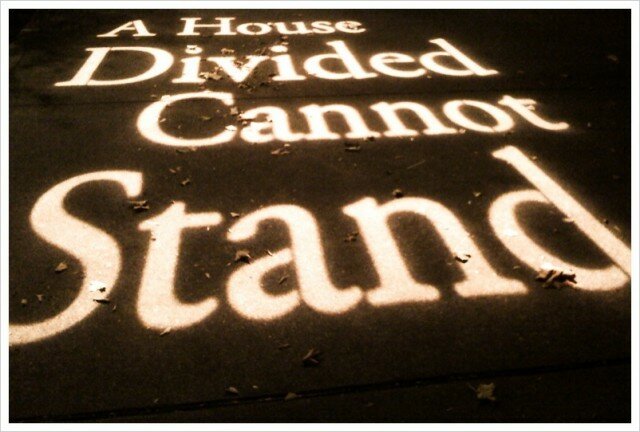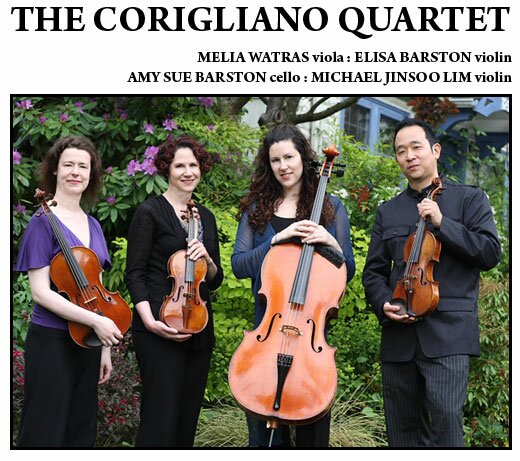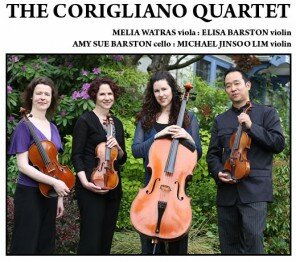Seattle’s classical calendar is full of intriguing events in November, from musical comedy to Mahler 4. Experience recent developments in microtonality, celebrate the 100th anniversary of John Cage’s birth, and revel in the ethereal sounds of medieval chants. Explore something new this month!
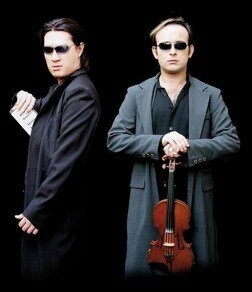
Nov. 5 — In 2006, comedy duo Igudesman & Joo became an Internet sensation with their YouTube hit “Rachmaninoff Had Big Hands“. Next week, they’re bringing their signature blend of classical music and hilarious hijinks to Seattle for the first time. Catch this pair of world-class musicians at Town Hall, where they’ll perform their musical comedy show A Little Nightmare Music.
Nov. 7 — New Jersey-based Newband presents a program of microtonal works by composer Henry Partch at the University of Washington’s Meany Hall. The ensemble will perform on a collection of instruments invented by Partch, including the 31-tone zoomoozophone.
Nov. 8, 10-11 — Renowned composer John Adams conducts the Seattle Symphony in a performance of his Harmonielehre. Also on the program is Beethoven’s “Emperor” Piano Concerto, performed by notable young pianist Jonathan Biss.
Nov. 9 — Seattle Modern Orchestra presents a tribute to John Cage at the Good Shepherd Center’s Chapel Performance Space. The program features performances by SMO, Seattle Percussion Collective, and Cage specialist Stephen Drury. The evening will also include a multimedia presentation and documentary on Cage’s life.
Nov. 13 — Explore contemporary electro-acoustic chamber music at Cornish College of the Arts. Visiting ensembles the Living Earth Show and the Mobius Trio present a program of newly commissioned works.
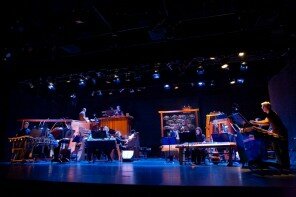
Nov. 16 & 18 — Now in its fifteenth season, Music of Remembrance presents concerts and outreach events devoted to the memory of Holocaust musicians and composers. This month, they’ll perform Viktor Ullmann’s opera The Emperor of Atlantis, composed in 1943 at the Terezín concentration camp.
Nov. 17 — Dedicated to the performance of vocal music from the Byzantine and Slavic regions, Portland-based ensemble Cappella Romana presents a concert of medieval Latin hymns at the atmospheric St. James Cathedral. Famed French choral director Marcel Pérès will conduct the ensemble.
Nov. 29 & Dec. 1 — Seattle Symphony Music Director Ludovic Morlot takes on Mahler’s momentous Symphony No. 4, featuring soprano soloist Donatienne Michel-Dansac. Also on the program is Berg’s Violin Concerto, performed by up-and-coming young German violinist Veronika Eberle.
